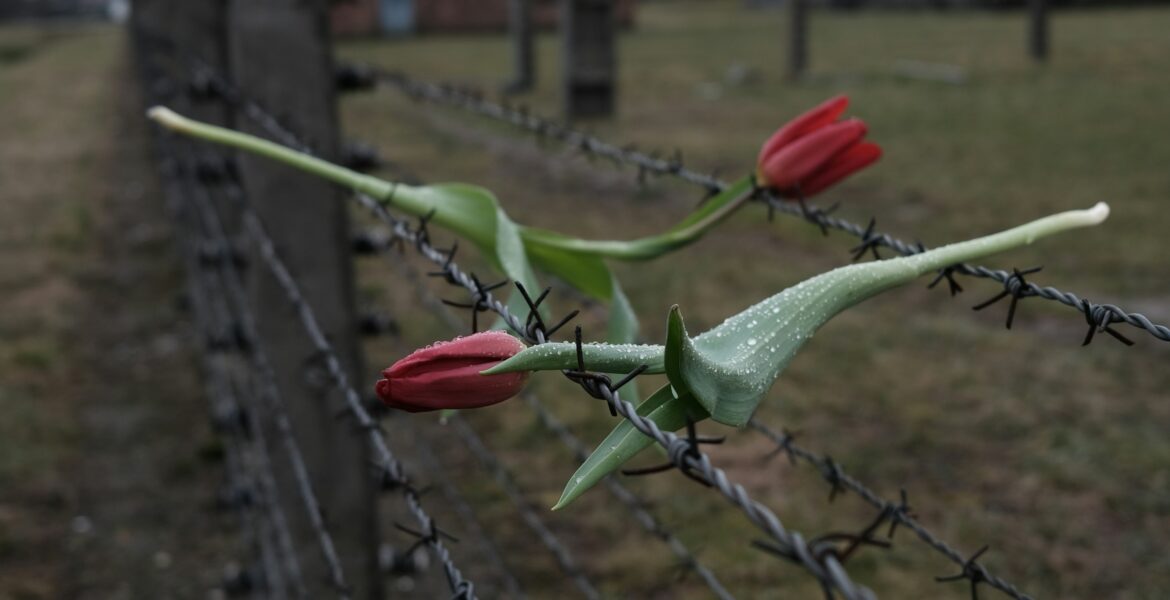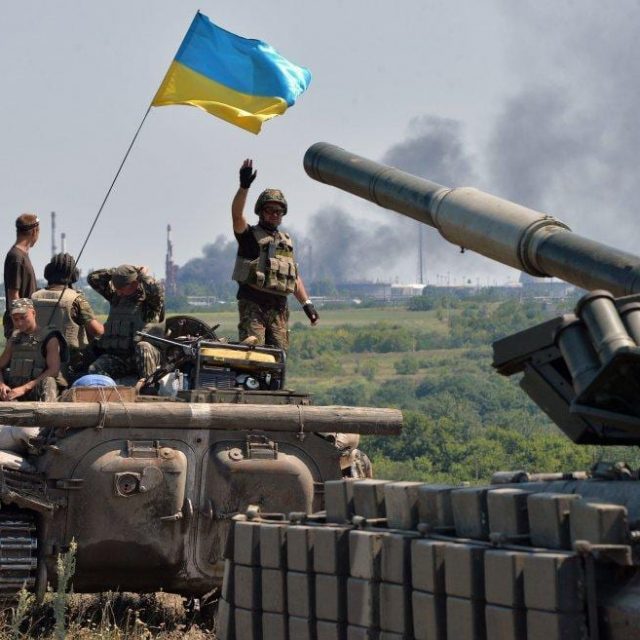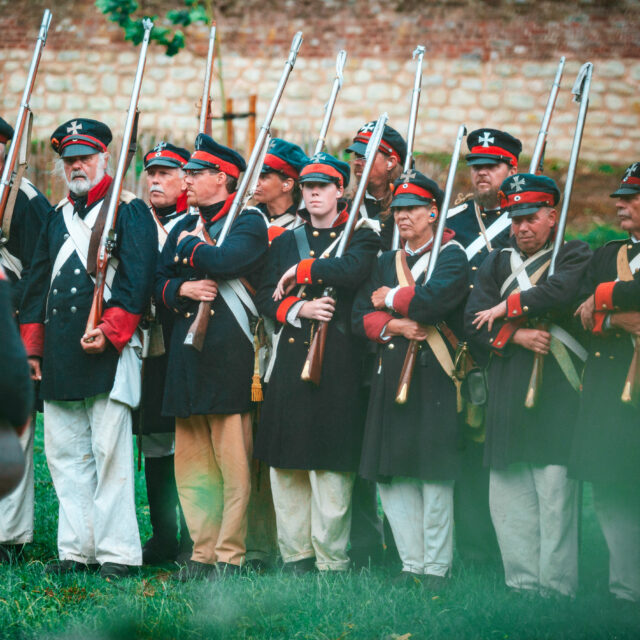Photo by Sonia Dauer on Unsplash
With the outbreak of World War II on September 1, 1939, the world entered one of the most terrifying and destructive periods in its history. This global conflict resulted in the deaths of approximately 70-85 million people, which was about 3-4% of the world’s population at the time. The losses included both military and civilian casualties, who perished due to combat, bombings, mass killings—including the Holocaust—as well as from hunger and diseases caused by the war.
Belgium, one of the countries that endured the horrors of Nazi occupation, deeply understands what it means to face aggression and totalitarianism. Having lived through the atrocities of war and occupation, the Belgian people know the value of freedom and the importance of resisting an aggressor. These lessons from the past become particularly relevant today, as the world faces new threats and challenges.
At the start of World War II, Belgium sought to maintain neutrality, just as it had during World War I. However, on May 10, 1940, Nazi Germany invaded the country, quickly occupying its territories. This invasion was accompanied by devastating bombings, especially in cities like Liège and Antwerp, leading to significant civilian casualties and destruction of infrastructure.
Under occupation, Belgium faced brutal repression. The Nazi authorities established a puppet government, controlled the country’s economy and resources, imposed strict restrictions, and began persecuting Jews and anti-Nazi individuals. Tens of thousands of Belgians were deported to concentration camps or forcibly sent to work in Germany.
Despite the oppression, Belgians actively participated in the resistance. The Belgian Resistance movement, which included communists, socialists, liberals, and conservatives, engaged in sabotage, rescue operations for downed Allied pilots, and intelligence gathering. Guerrilla warfare in the Ardennes forests and mass resistance actions in cities were powerful forms of opposition to the occupation, making the Belgian Resistance a significant part of the anti-Nazi movement in Europe.
Today, 85 years after the start of World War II, the world once again faces the threat of aggression, this time from Russia. The war waged by Vladimir Putin against Ukraine evokes disturbing memories of past catastrophes among many Europeans, including Belgians, and calls for decisive action to prevent the repetition of past mistakes.
Just as Nazi Germany under Adolf Hitler justified its wars of conquest with myths of “racial superiority” and “historical justice,” modern Russia employs similar rhetorical tactics to justify its aggression against Ukraine. Vladimir Putin, like Hitler, seeks to expand his influence without regard for the sovereignty of other nations.
Putin has repeatedly threatened to expand his conquests, mentioning countries such as Lithuania, Latvia, and Estonia, which could become the next targets of Russian aggression. He has also issued warnings to Poland and Romania over the deployment of NATO missile defence systems, claiming they pose a threat to Russia. These threats demonstrate Russia’s desire to limit NATO’s influence in the region and maintain its sphere of influence. Moreover, Russia has already occupied parts of Moldova and Georgia and illegally annexed Ukraine’s Crimea, clearly showing its expansionist intentions and disregard for international law.
The events of recent years underscore that all of Europe is under threat if Russian aggression is not stopped. The continued shelling of Ukrainian civilians, such as the recent attack on Kharkiv on August 30, 2024, which killed at least eight people, including over twenty children, and injured more than a hundred, illustrates the seriousness of this threat.
In this situation, it is crucial that the international community provides Ukraine with the necessary assistance, including military equipment, air defence systems, and long-range weapons to strike military targets in Russia. Only in this way can the aggressor be stopped and further casualties prevented. As many historians and politicians have warned, it is unacceptable to repeat the tragic mistakes of the past, where appeasement of aggressors only led to greater conflicts and losses.
The comparison of modern Russia to Nazi Germany extends beyond military actions. Like Hitler, Putin employs policies of forced relocation and assimilation of children. According to the Office of the Prosecutor General of Ukraine, more than 19,500 Ukrainian children have been illegally deported since Russia’s invasion began. Various estimates suggest that the total number of children who may have been taken to Russia could reach 700,000.
These children are subjected to Russification, forced to study under the Russian curriculum, which includes military education and propaganda aimed at fostering hatred towards their native Ukraine. Such practices are reminiscent of Nazi methods, which sought to raise a future generation of soldiers loyal to Nazi ideals and ready to fight for the regime.
Many historians and politicians remind us that it is unacceptable to repeat the tragic mistakes of the past. Guy Verhofstadt, former Prime Minister of Belgium and a member of the European Parliament, emphasised during a discussion in April on providing additional aid to Ukraine in its fight against Russian aggression, the need to defend democratic values and human rights, stating: “We must remember the lessons of World War II and defend democratic values and human rights wherever they are under threat.” Verhofstadt called for active support of Ukraine to stop the spread of authoritarianism and protect European principles and freedoms. French President Emmanuel Macron also spoke on this issue. In 2019, on the eve of the 80th anniversary of the start of World War II, he stressed: “History teaches us that appeasement of aggressors and concessions to dictators never lead to peace.” These words are more relevant than ever, especially in the context of the current situation in Ukraine.
The international community must oppose any form of aggression and violation of state sovereignty. Russia’s war against Ukraine violates the fundamental principles of international law, including the UN Charter, which prohibits the use of force against the territorial integrity or political independence of any state.
For Belgium, as well as for many European countries, the memory of World War II is not just a historical fact but an important reminder that aggression and tyranny must never go unanswered. Having endured the horrors of Nazi occupation, the Belgian people deeply understand the consequences that dictatorship and violence can bring. Today, as Russia threatens not only Ukraine but all of Europe, it is crucial to unite and prevent the repetition of past tragedies.
European nations must firmly stand in defence of their values, freedom, and peace by providing comprehensive support to Ukraine. By helping Ukraine, Europe protects not only its sovereignty but also its own security and stability, preventing the threat posed by an aggressor seeking to expand its influence over other countries. Maintaining unity and determination at this time is crucial for the future of Europe and the entire democratic world.




